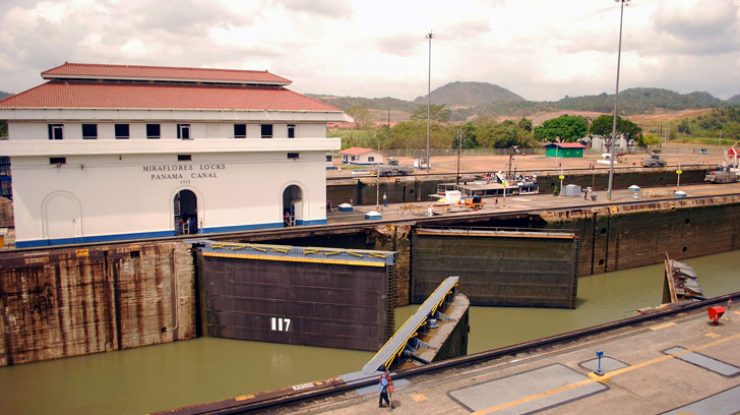The Panama Canal was originally built to create a through-way connecting the Atlantic and Pacific Oceans, thereby eliminating the time and danger of going around the infamous Cape Horn, the southern tip of South America. With our global dependence on international trade, the Panama Canal is more important than ever and is now inspiring other Caribbean nations to adjust their perspective on the role that they play in the international community.
David Jessop of Caribbean Intelligence suggests that a new approach is needed in the Caribbean community:
It is an approach that…pragmatically accepts that the Caribbean’s future role is as a facilitator for others, whether they be tourists, overseas investors or, for example, those who see the islands as a location for a business related to another part of the world, rather than foremost as a national opportunity in a domestic economy.
This is a message that much of the region’s private sector and particularly small island governments have yet to embrace. It is not necessarily attractive.
It implies that the Caribbean economy of the future has to be more strategic in its global thinking, less protectionist and defensive, and become skills and knowledge based.
It also requires governments to focus relentlessly on education at tertiary and higher levels, and to build skills for tomorrow that will enhance the region’s location at the maritime crossroads of the Americas.
Changed perspective
It requires too a reversal in the way that most of us think about the Caribbean.
It suggests looking outwards and a turn to face the sea.
It argues for recognition that the largely unrealised potential that most Caribbean nations have to resolve their alarming economic problems lies in placing much greater emphasis on encouraging others into their physical location, or the seas that surround in order to stimulate externally led future growth.
As is now well understood, the Caribbean commands access to the widened Panama Canal and is at a north-south, east-west intersection for international shipping.
This offers the region multiple opportunities for the creation of transhipment ports linked to development zones for manufacturing, the assembly of finished items and other services for nations like China and Brazil, which are seeking new tariff-free ways to access markets in the Americas and the Europe.
It is the Caribbean sea too that offers the potential to develop new ports and industries linked to the road and rail routes that may open up areas within Brazil and the Amazon Basin or help facilitate links across the Central American Isthmus to the Pacific; and which is the space that enables not just the regional and international movement of goods and services – legal and illegal – but also provides the access that brings the largest number of visitors to the region, the cruise ships.
It is also the seas that surround the island Caribbean that provides the sought after environment that encourages and enables tourism, tourism investment and tourism led growth.
By definition however, any perceived potential assumes that opportunity has not yet been seized and many Caribbean nations have so far demonstrated a lack of political and industrial fortitude in riding the wave of global trends. As Jessop suggests, “Encouraging greater use of the Caribbean Sea will require national, regional and international consideration as it touches issues that include physical security, policing, the environment, food and energy security, sovereignty, defence, sea level change and issues from maritime security to the environmental interdependence of Caribbean eco-systems.”

